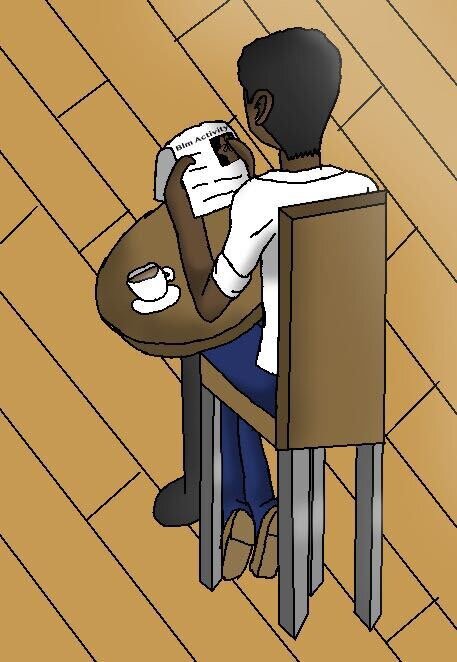Educate Yourself: A Recommended Reading List
Book recommendations
‘Why I'm No Longer Talking to White People About Race’ by Reni Eddo-Lodge
This book began as a blog post by Eddo-Lodge from 2014, discussing white privilege and structural racism, particularly in the UK. She continues her book by outlining Black history whilst also exploring the importance of intersectional feminism and the links between race and class.
‘Natives: Race and Class in the Ruins of Empire’ by Akala
Akala details his own experiences with Black masculinity in the UK combined with wider social, historical and political issues. He breaks down myths enforced by white fragility, takes on racism by the police and covers the links between race and capitalism.
‘The Hate U Give’ by Angie Thomas
In this book Thomas expands on a short story she wrote as a reaction to the police shooting of Oscar Grant in 2009. It is set in the US, following Starr, a 16-year-old student, who witnesses the police shooting of her unarmed best friend Kahlil. Thomas’ book is extremely pertinent as she explores the injustices and inequalities in the system, particularly police violence.
Documentary recommendations
The Unwanted: The Secret Windrush Files (BBC iPlayer)
In 2014, the UK government introduced changes to the Immigration Act to create a so-called “hostile environment” for illegal immigrants. What followed saw children of the “Windrush Generation”, who legally came to the UK from the Caribbean, facing deportation back to countries they barely knew after more than 50 years in the UK. Historian David Olusoga exposes the secret government files that laid the foundations for the Windrush scandal and explains how the ‘hostile environment’ for Black British immigrants was not a new concept.
13th (Netflix and YouTube)
The 13th amendment of the US constitution states that “Neither slavery nor involuntary servitude shall exist in the US except as a punishment for crime.” Following its introduction, the increased criminalisation of minor offences and the “war on drugs” centring on Black/minority communities has seen the “punishment for crime” clause heavily utilized. DuVernay’s 2016 documentary explores the mass incarceration of Black Americans and questions if slavery was ever truly “abolished” following the American Civil War.
Explained: The Racial Wealth Gap (Netflix and YouTube)
This 16-minute documentary explains how centuries worth of discrimination against Black Americans, especially in the ownership of housing and land, has created an ever-growing wealth gap that persists today.





